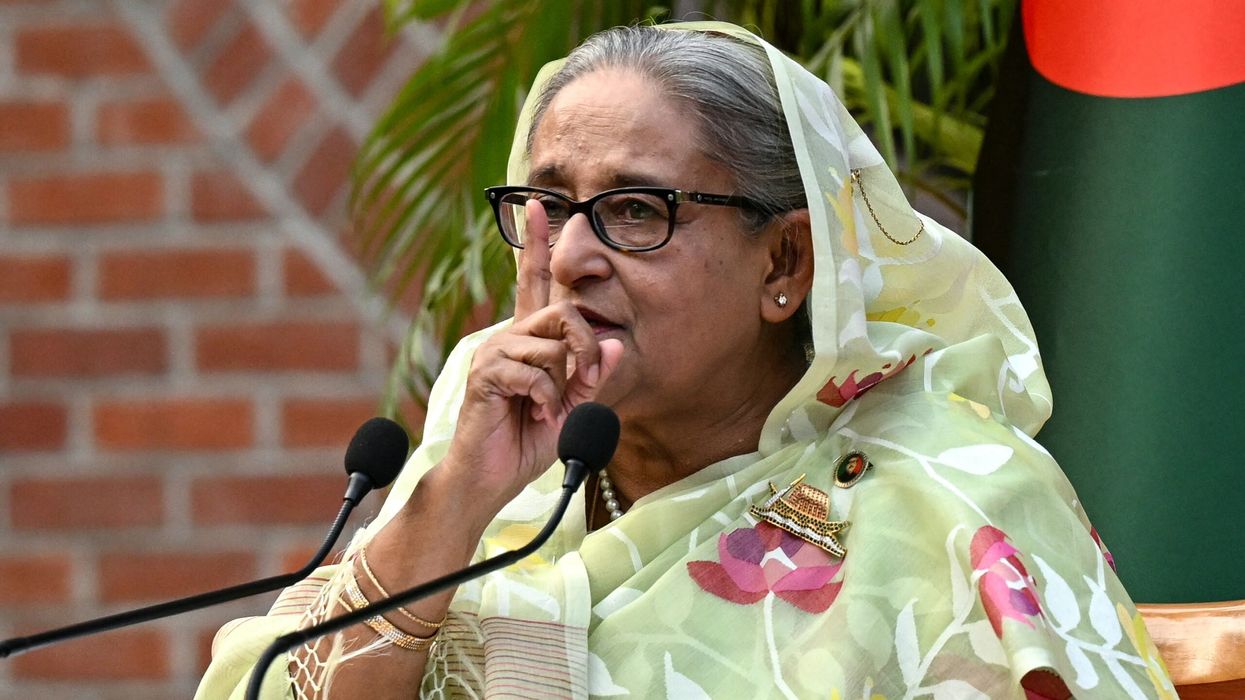Sri Lanka has for the first time named a military officer to head the country's main intelligence agency, which was blamed for failing to prevent Islamist extremist bombings in April that killed 259 people.
The head of the State Intelligence Service (SIS) was replaced by brigadier Suresh Sallay, a former head of military intelligence, official sources said Monday.
It is the first time that a military officer has filled the position, and the appointment comes three weeks after Gotabaya Rajapaksa was elected president promising better security.
Rajapaksa effectively ran the security forces when the military crushed Tamil separatist militants in 2009 to end Sri Lanka's bloody civil war. At the time his brother Mahinda Rajapaksa was president.
A local jihad group was blamed for the coordinated Easter Sunday attacks against three luxury hotels and three churches on April 21.
A committee of parliament which investigated lapses leading to the devastating bombings found much of the responsibility lay with the then head of the SIS, Senior Deputy Inspector General Nilantha Jayawardena.
He had been warned on April 4 by a foreign intelligence agency -- identified previously by officials as from India -- of a possible attack.
"This failure by the SIS has resulted in hundreds of deaths, many more injured and immeasurable devastation to Sri Lanka and Sri Lankans, and that must not be treated lightly," the parliamentary report said.
The then president Maithripala Sirisena has long blamed police chief Pujith Jayasundara and ministry of defence secretary Hemasiri Fernando for lapses, and initiated criminal prosecutions against them.
The parliamentary probe acknowledged that the then police chief and the defence ministry secretary shouldered some of the blame, but added that the "greatest responsibility" lay with the SIS chief Jayawardena.
There are two other ongoing investigations into the attacks -- an independent panel headed by an Appeal Court judge and a probe set up by the police.


















